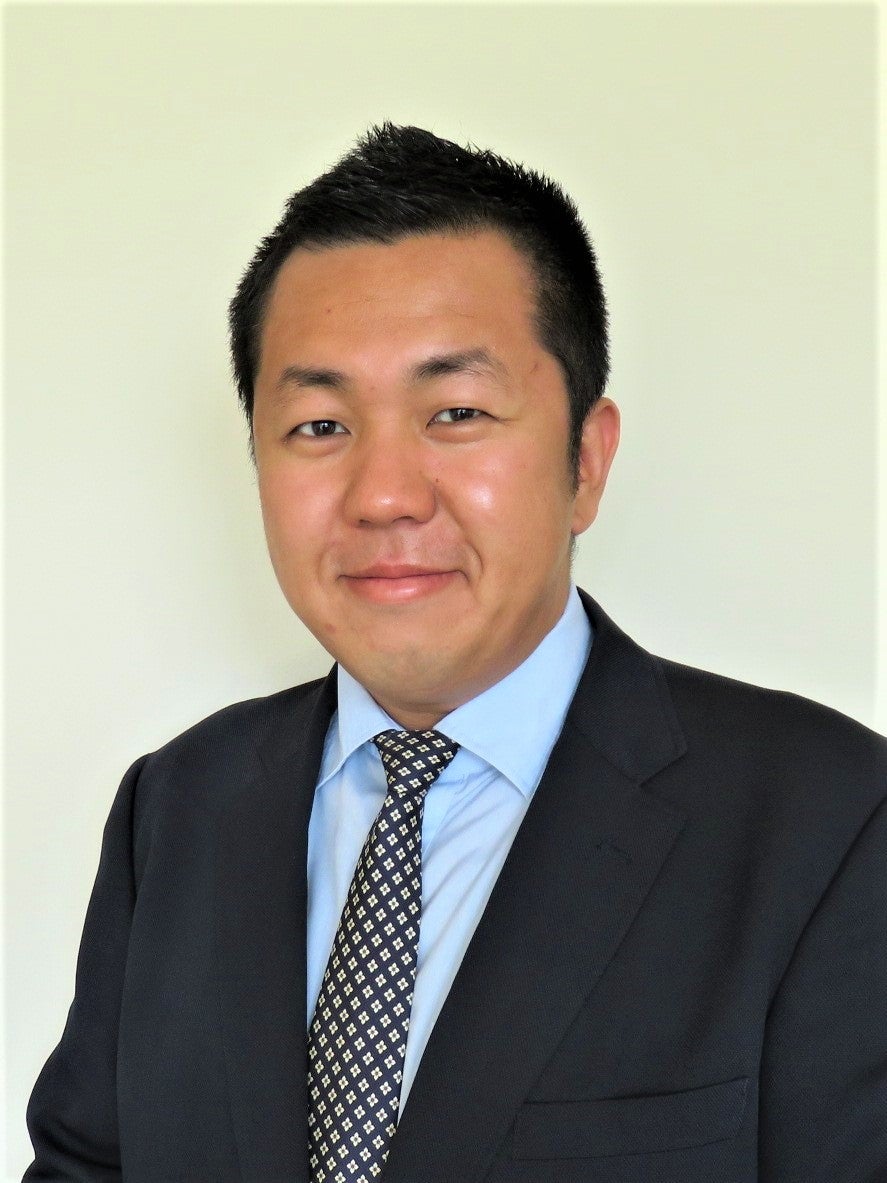Name: Dr. Tatsushi Fukunaga
URI Position: Assistant Professor of Japanese
Email: fukunaga@uri.edu
Preferred pronouns: he/him/his
The College of Arts and Sciences is pleased to welcome several new professors beginning in the fall 2019 semester. Assistant Professor Tatsushi Fukunaga, Ph.D., has the distinction of being URI’s first ever professor of Japanese. Dr. Fukunaga brings years of international teaching experience and distinction to his new appointment. He has previously held positions at The Japan Foundation in Bangkok, Thailand; Monash University in Victoria, Australia; The Japan Foundation Center for Cultural Exchange in Hanoi, Vietnam; Kanda University of International Studies in Chiba, Japan; Dong Du Japanese Language School in Ho Chi Minh City, Vietnam; and Purdue University in West Lafayette, Indiana.
Dr. Fukunaga graduated with a Ph.D. in Applied Linguistics with a concentration in Japanese in May 2019 from Purdue University. His research addresses the ways in which Japanese is taught as a foreign language, including task-based approaches to language teaching and learning and second-language writing. “Currently, I am particularly interested in the effects of task repetition on writing and speaking skills,” Fukunaga says. “My dissertation explores how [Japanese as a foreign language] learners develop their linguistic complexity, grammatical accuracy, and fluency in written language performance over one academic year.”
In the upcoming academic year, he will be teaching several Japanese and Japanese-related courses. Of his leadership in the classroom, Fukunaga states: “I always strive to provide students with communicative tasks…so that learners diligently study, reflect on what they have studied, and have a chance to apply the explicit and implicit knowledge to real language-use situations.” Fukunaga is looking forward to bringing his student-centered teaching style to URI’s motivated community of language learners. “If the students really want to improve their Japanese ability,” he says, “they need to become aware of their own communicative needs and interests in Japanese language and culture, and they need to know the ways they can achieve their own goals and overcome their challenges autonomously.”
~Written by Aria Mia Loberti, Communication Studies, Political Science, and Philosophy triple major


